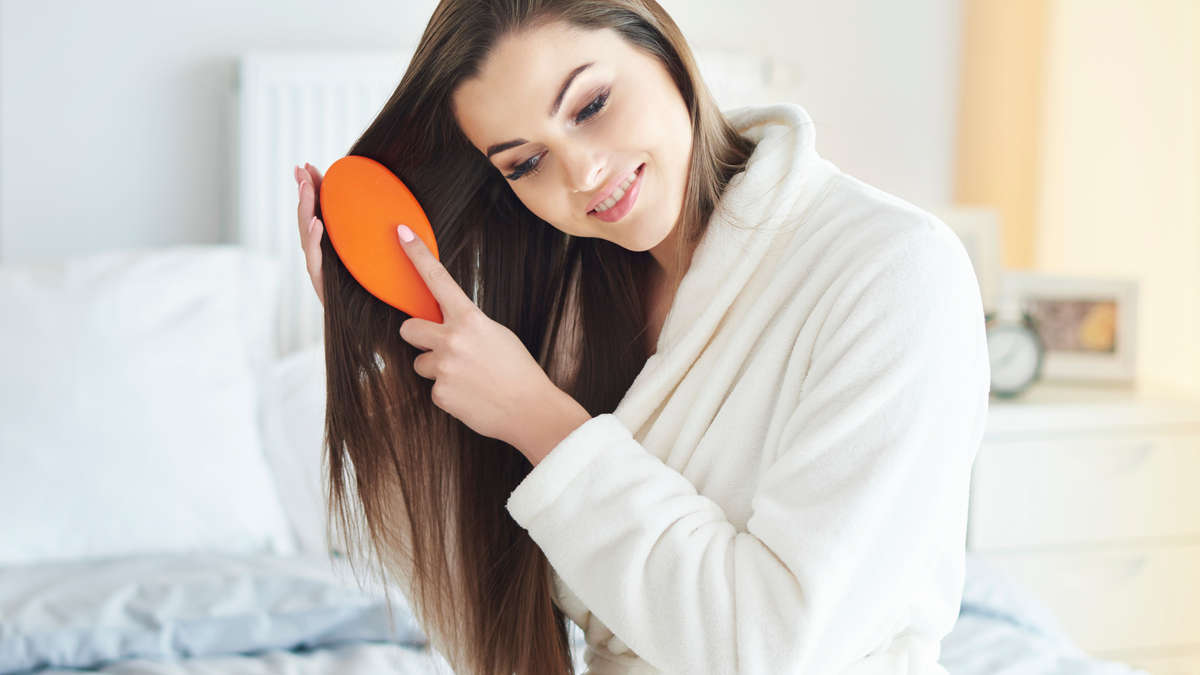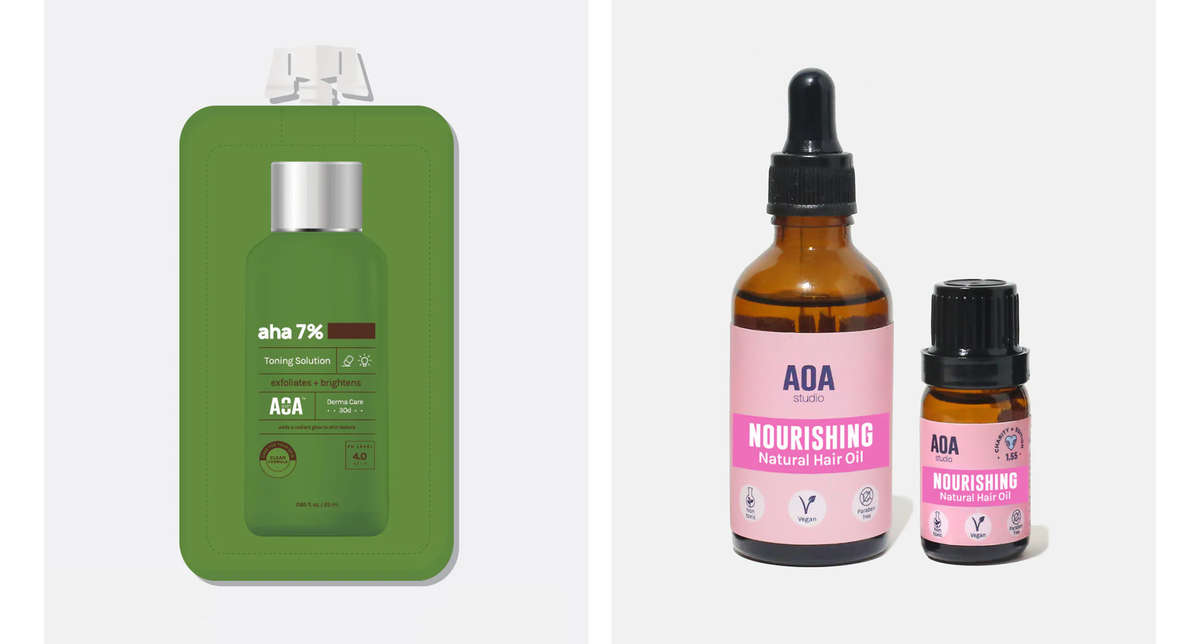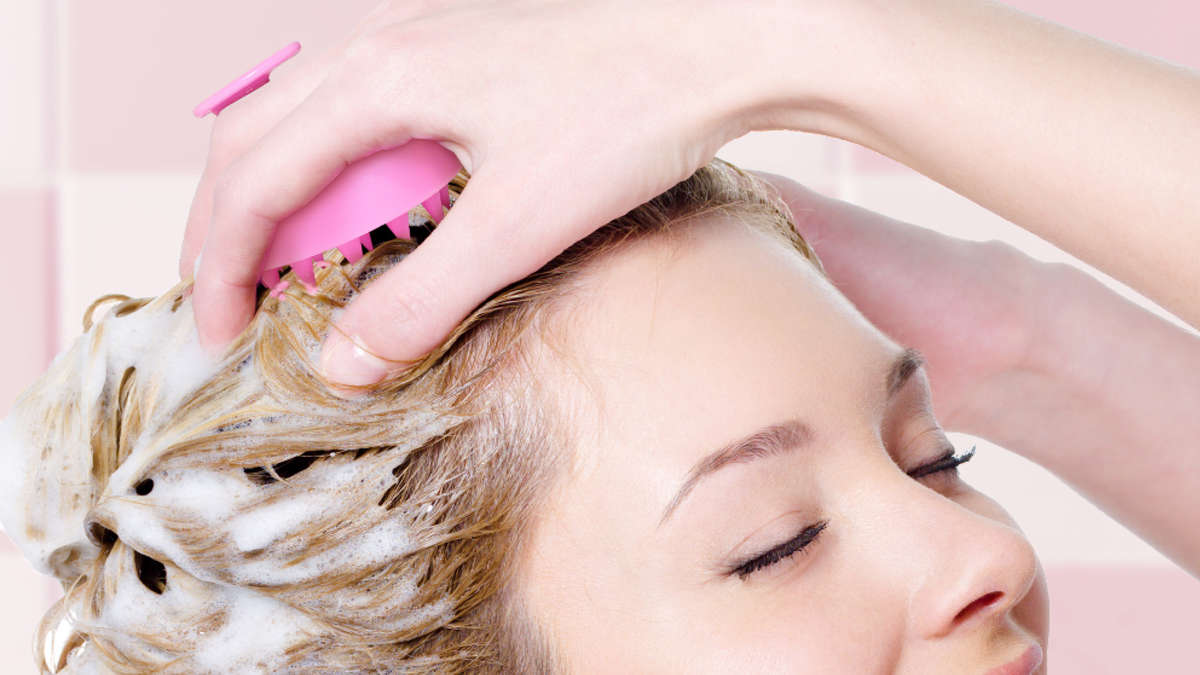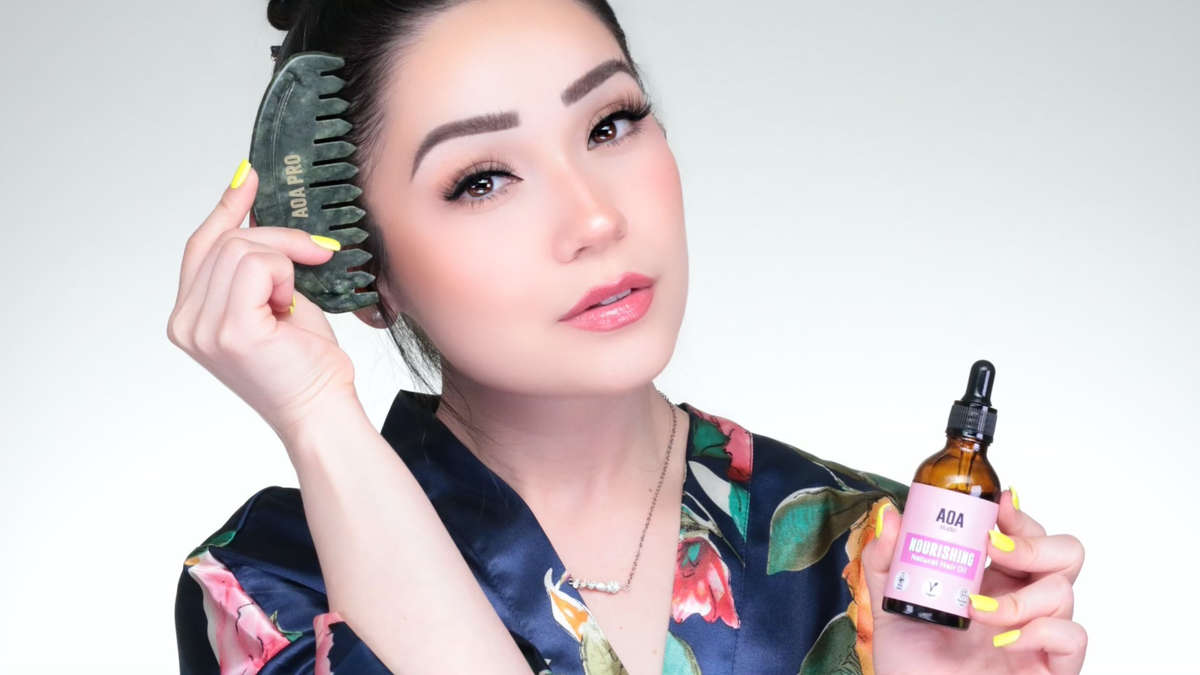7 Practical Tips for Taking Care of Your Scalp

Your scalp is usually an afterthought until it causes problems like itchiness or flakes. Then you pay more attention as you figure out what to do. It's just another thing you now have to work out while having a busy life.
Yet taking care of your scalp is important. It can help you have fuller hair, better skin, and softer hair.
While seemingly minor at first, dryness and itchiness can make it difficult to sleep at night when you're scratching your head or trying to ignore the irritation. And let's not talk about how much flakes can put a damper on your social life.
Take a look at seven practical tips for taking care of your scalp.
1) Choose Your Hair Products Wisely
Consider gentle hair products for your daily haircare routine. Harsh products with a lot of chemicals can lead to dryness. Go for natural, cruelty-free products that nourish your scalp and your hair. If you worry about oily hair, plenty of shampoos on the market work for oily hair to make your mane lighter and more manageable
2) Use Skin Toner for Dryness & Flakes
Your scalp is very similar to the skin on your face. It needs the proper skincare regimen to work correctly.
For dry scalp and flakes, use our AOA Skin AHA Toner. Before you shower, apply the toner to your scalp and rub it in. Let the toner sit for 10-20 minutes, and continue with your usual shampoo routine.
You can also use our natural, nourishing hair oil. A little goes a long way. Just place a dime-sized amount in the palm of your hand and massage gently into your scalp for best results.

3) Wear a Hat When Frolicking in the Sun
Summer is supposed to be fun at the lake or the beach. But don't overdo it. Sunburns can cause misery for your legs, arms, and face. They can also create redness on your scalp. Although your hair provides some protection from the sun, you can't exactly rub sunscreen all over your hair. That just doesn't work.
Luckily, you don't have to stay out of the sun altogether to protect your scalp. Just wear a stylish, lightweight, wide-brimmed hat to keep the sun's rays off your head and face. You'll look great while keeping the sun off your scalp and avoiding a painful couple of days. An ounce of prevention is worth a pound of cure.
4) Exfoliate

Yes, your scalp needs exfoliation just as much as your face. Exfoliation, just like for your face, removes the outer layer of dead skin cells to encourage your skin to produce newer skin cells more readily to rejuvenate your scalp.
The easiest way to exfoliate your scalp is with a shampoo brush that massages your scalp. Massaging your scalp stimulates your skin to encourage improved blood flow, which in turn helps to keep your scalp healthy.
5) Massage Your Scalp
The easiest way to massage your scalp is in the shower when you wash your hair. If you want to go the extra mile, massaging your scalp once a week can produce natural, long-term benefits for your hair.
Enter a scalp gua sha comb.
Before you shower, massage your scalp for improved blood circulation. The comb is made from natural jade, and the tips reach your scalp through any type of hair. Section off your hair and work methodically from one side of your head to the other using long strokes from front to back. Use the comb gently as you don't want to press too hard as you lavish your scalp with some extra pampering.
Enter a scalp gua sha comb.
Before you shower, massage your scalp for improved blood circulation. The comb is made from natural jade, and the tips reach your scalp through any type of hair. Section off your hair and work methodically from one side of your head to the other using long strokes from front to back. Use the comb gently as you don't want to press too hard as you lavish your scalp with some extra pampering.

6) Hydrate Hair With Some Oil
After showering, apply a few small drops of natural and nourishing hair oil to the ends of your hair to maintain hydration. Shampoos are great, of course, but they can dry out the ends of your hair, causing fraying and split ends at some point.
Spreading a tiny amount of hair oil through the ends of your hair can add life to your strands. You'll notice a nice sheen that keeps them hydrated and full.
7) Eat Well for Scalp and Hair Health
Eating well and nutrition play big roles in your scalp and hair health. The right foods bring out your hair's glow from the inside. Foods rich in omega-3 fatty acid, folic acid, vitamin B6, and vitamin B12 can help your scalp and hair. You can find these nutrients in several foods.
Omega-3s:
- Fatty fish like tuna, salmon, and mackerel
- Walnuts
- Flaxseeds
- Soy and tofu
- Cruciferous vegetables like broccoli, cauliflower, and brussel sprouts
Folic acid is in fruits and vegetables, particularly tomatoes and citrus fruits.
Find vitamin B6 in bananas, potatoes, and spinach. Vitamin B12 comes from animal-based proteins like chicken, beef, and pork.
Find vitamin B6 in bananas, potatoes, and spinach. Vitamin B12 comes from animal-based proteins like chicken, beef, and pork.

